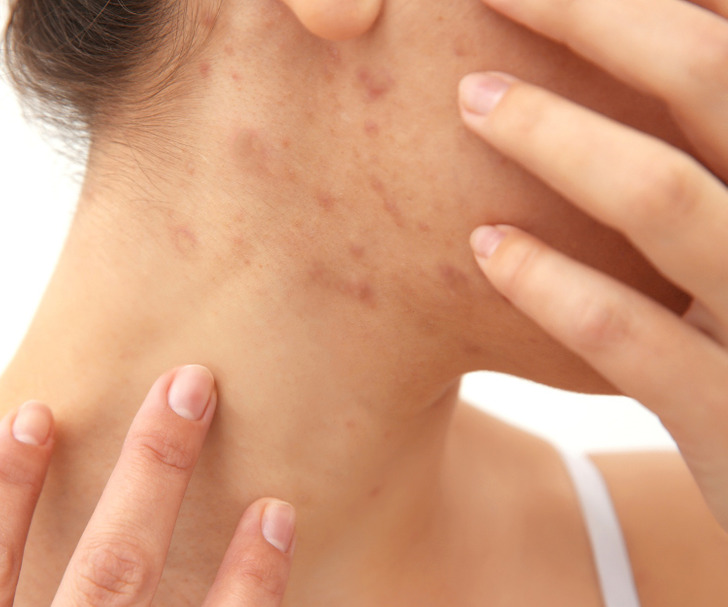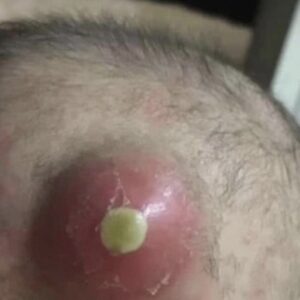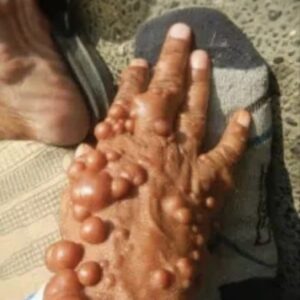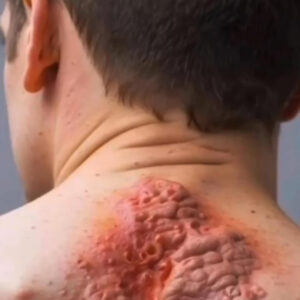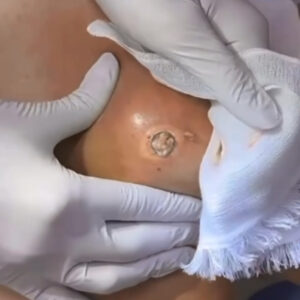Acne really can determine what happened to your body and what health problems you may have. But in most cases, it is all caused by very simple lifestyle matters that can easily be changed right away. The thing to do is to figure out what triggered another pimple and what we can do today to prevent it from occurring in the future.
We at Bright Side have checked out the causes and would like to share this useful knowledge with you that’ll change your life from now on. But please keep in mind that this article is for informational purposes only. Please consult your doctor before you take any action or treatment.
1. Around the mouth
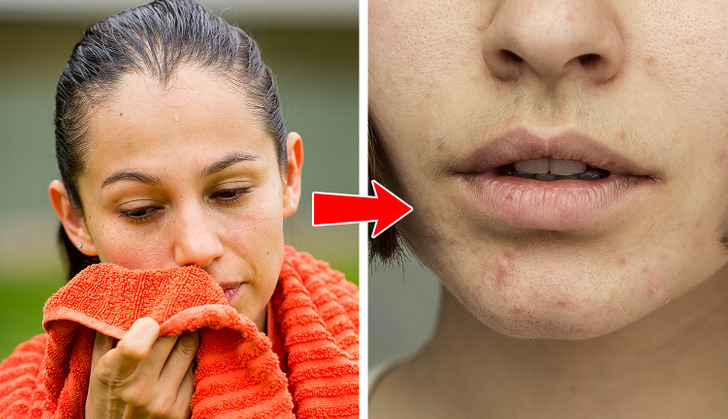
Acne around your mouth can occur if the skin in this area is irritated or frequently touched, like, by a cell phone or some other objects like helmet straps or musical instruments. Different cosmetics and facial products might also be the cause. As well as hormonesand genetics.
First of all, if it appears frequently, see a dermatologist who will find a proper treatment that will work for you. But in any case, it’s always better to prevent it rather than to cure it. So make cleaning your skin with a gentle or mild cleanser twice a day a routine. Use makeup labeled as “non-comedogenic” (non-pore-clogging) and oil-free products, and please avoid touching your face.
2. On the nose
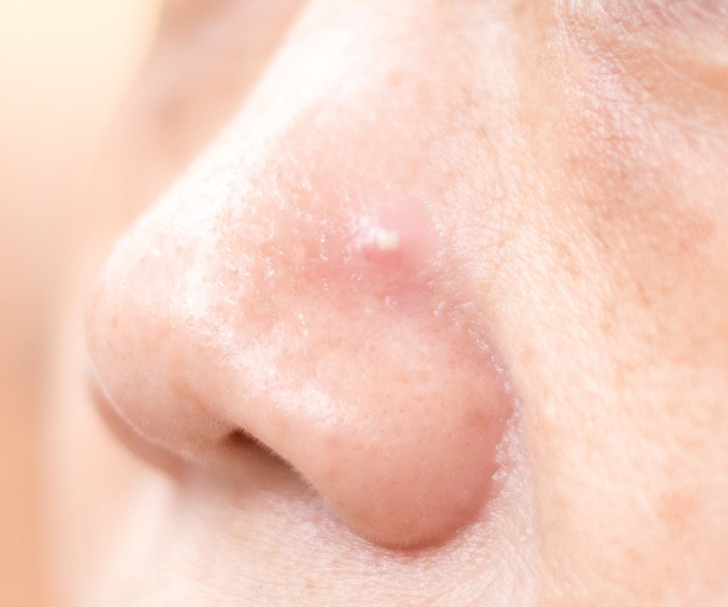
Our nose is one of the most common areas of the face to develop acne. It’s because its pores are typically larger, which makes it easier for dirt and bacteria to clog them up. What’s more, the skin here is also oilier and consequently more vulnerable to acne.
Nose acne can be triggered by diet, stress, and certain medications. Sometimes it can be a sign of more serious underlying health issues. But the most common cause is poor hygiene. So it’s always good to add some Tea Tree Oil to your routine, which is a very gentle and effective treatment against acne, or sodium sulfacetamide and sulfur which will prevent bacteria on the skin from multiplying. In very severe cases, consult a dermatologist.
3. On the forehead
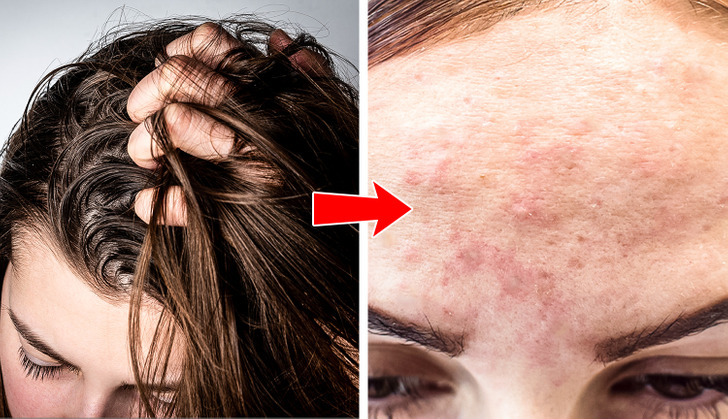
The significant factor here is the same — an increase in oil production on your skin. But sometimes, it’s hard to figure out why it happens. Especially if you don’t take certain medications, and it’s not hormones or stress. It is interesting to know that our hair can be the source of forehead acne.
If your hair is oily, the oil can get on your forehead and clog its pores. Different pomades, gels, and waxes also may be the cause as they often contain cocoa butter or coconut oil and can leave your skin extra oily. A gentle cleanser can solve this problem. If it doesn’t help, try to avoid any oily hair products and just wash your hair more often.
4. Jaw and neck
